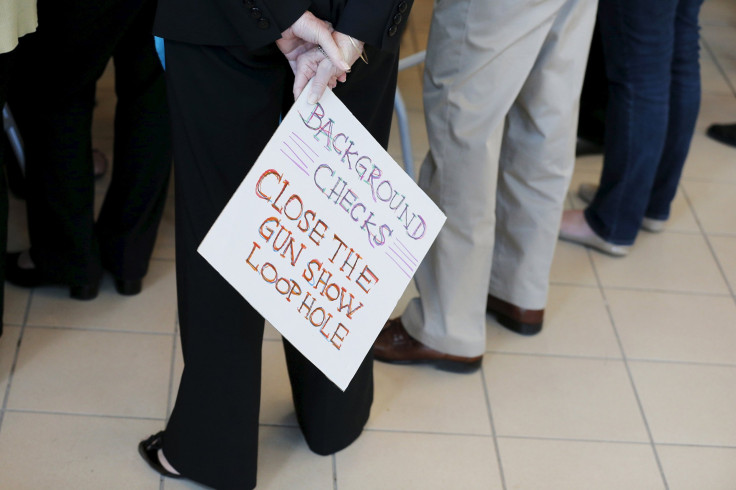Gun Control Laws In Connecticut, New York Upheld By Federal Court As Policy Debate Swirls

Two gun control laws in New York and Connecticut enacted after the 2012 mass shooting at Sandy Hook Elementary School were upheld Monday by a federal appeals court. The laws ban the possession of semiautomatic assault weapons in both states, Reuters reported.
A New York state provision regulating load limits, which are the number of bullets in an ammunition magazine, was struck down. In addition to semi-automatic rifles being banned, certain large-capacity magazines also are no longer legal. Both laws were created following the December 2012 shooting in Newtown, Connecticut, when 26 children and staff at an elementary school were shot and killed by a single gunman.
The Sandy Hook shooting was responsible for increased scrutiny of the nation's gun laws and has led to high-profile politicians in the Democratic Party championing stricter legislation that would make it difficult for people to buy guns without a background check in all scenarios. Federal law currently leaves open exemptions for guns sold at gun shows and for private sales between individuals.
The New York and Connecticut laws met resistance from a coalition of firearms dealers, sport-shooting enthusiasts and Second Amendment purists who argued the laws infringe on the right to bear arms.
Stricter gun control laws have been championed on the 2016 presidential campaign trail by the likes of former Secretary of State Hillary Clinton and former Maryland Gov. Martin O'Malley. Both have been tapping into an increased desire among progressives to address what's seen as a growing epidemic as a rising number of gun deaths make their way into national news headlines. The number of high-profile shootings has seemingly jumped, precipitating the perceived need for gun control by progressives.
Most Republicans, on the other hand, suggest addressing mental health issues, as opposed to gun regulations, as the necessary approach to reducing gun violence.
© Copyright IBTimes 2024. All rights reserved.






















